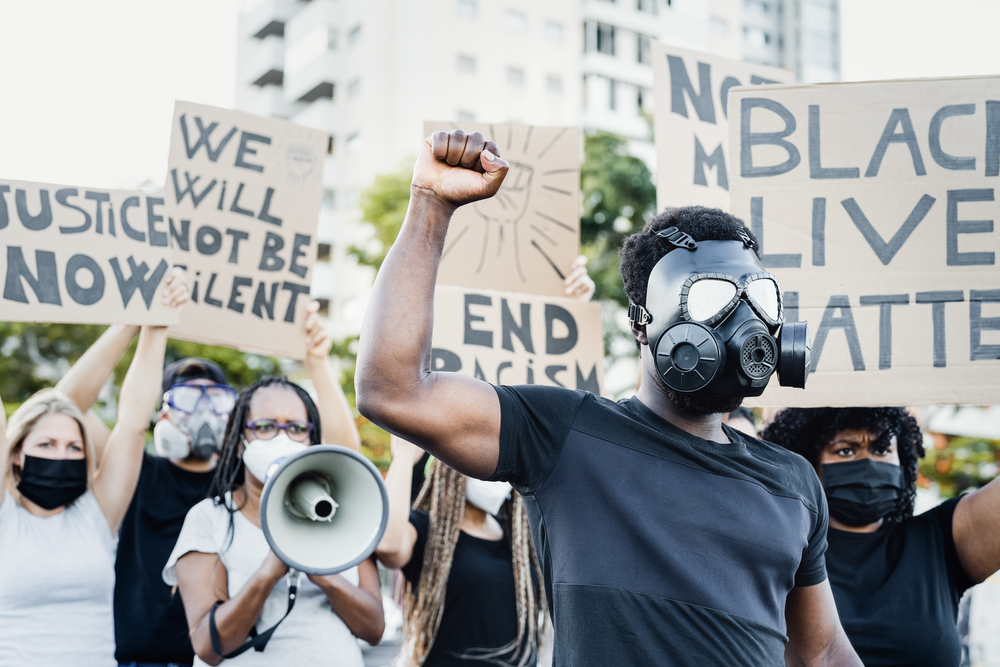The tragic murder of Trayvon Martin in 2012 by George Zimmerman marked a pivotal moment in American society, igniting a national conversation about race, justice and the role of social media in activism. This incident, reminiscent of the Rodney King and O.J. Simpson cases in the 1990s, polarized public opinion and highlighted the deep racial divides in the United States. As discussions erupted on platforms like Twitter, a new wave of grassroots organizing emerged, leading to the birth of the hashtag #BlackLivesMatter.
The rise of grassroots activism
In the wake of Trayvon Martin’s death, social media became a powerful tool for Black Americans to voice their concerns, organize protests and hold mainstream media accountable. The immediacy of platforms like Twitter allowed individuals to share their experiences and opinions, creating a global dialogue around systemic racism and police violence. This grassroots movement not only raised awareness but also mobilized communities to take action.
Social media as a double-edged sword
While social media has provided a platform for marginalized voices, it has also opened the door for misinformation and hate speech. The rise of Donald Trump and his use of Twitter to galvanize support for the MAGA movement exemplified how social media could be weaponized to spread divisive rhetoric. As a result, the same platforms that empowered activists also became breeding grounds for negativity and misinformation.
Political accountability and engagement
Despite the challenges posed by social media, it has played a crucial role in increasing political accountability among elected officials. Activists began to recognize the importance of engaging with local government, from district attorneys to police chiefs. Social media enabled voters to hold these officials accountable for their actions and policies, emphasizing the necessity of voting in local elections.
The role of influential voices
Several influential figures have contributed to the discourse surrounding social justice and political engagement. Commentators such as Tess Owens, Josiah Bates, Tamika D. Mallory, Tiffany D. Cross, Brittany Packnett Cunningham and Cynthia Morrison have utilized their platforms to educate and mobilize the community. Their insights and activism have inspired many to take a stand against injustice and participate in the political process.
The future of activism
As we move forward, the intersection of social media and activism will continue to evolve. The challenges of misinformation and divisive rhetoric must be addressed, but the potential for positive change remains strong. The Black Lives Matter movement has shown that collective action, fueled by social media, can lead to significant societal shifts. It is imperative for the Black community to remain engaged, informed, and active in the political landscape to ensure that their voices are heard and their rights are protected.

















